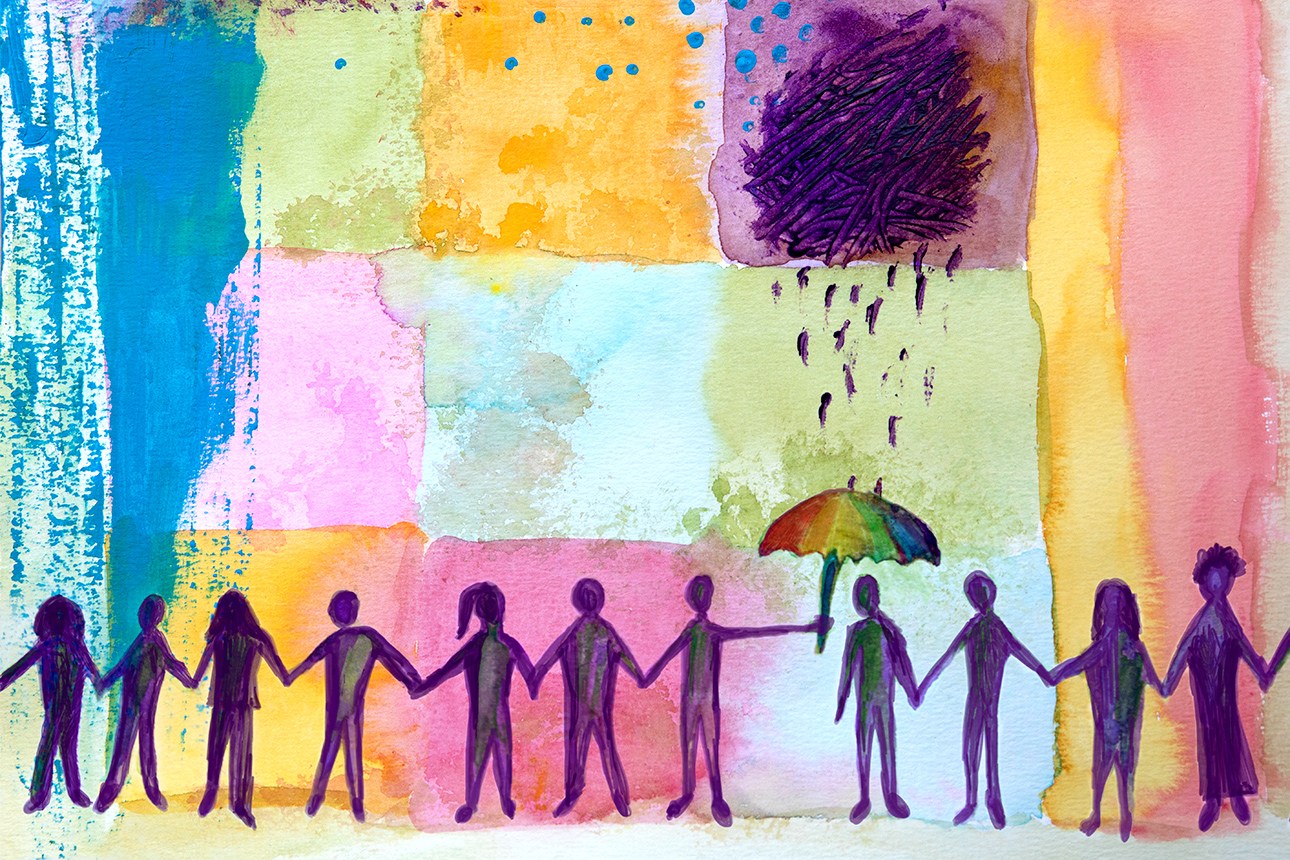Fostering Ethical Conduct Through Psychological Safety
Line managers are key to creating safe spaces for employees to discuss concerns.

How do organizations encourage people to speak up about ethical breaches, whether inadvertent or deliberate? Why do some employees choose to remain silent when others report misconduct? In a world of increased scrutiny for corporations of all types, it is more essential than ever that when misconduct happens or difficult problems arise, there is a strong ethical climate for surfacing information so that leaders can respond quickly and appropriately. An environment in which employees feel comfortable reporting such issues is also vital to preventing future misconduct.
As part of an unprecedented global study on workplace ethics, we analyzed the perceptions of those who report misconduct against those of “silent bystanders.” This helped us better understand both the drivers and derailers of speaking up — and revealed insights into how leaders and compliance officers can encourage employees to make such reports.
Although our work has an obvious relationship to whistleblowing, in the context of psychological safety and ethics, we make an important distinction between external whistleblowing and those who speak up about perceived misconduct at work. By reporting illegal or unethical activity to external authorities, whistleblowers play a vital role. Moreover, it is likely that they felt their concerns could not be expressed, heard, and addressed internally. We posit that a healthy organizational culture is one in which speaking up and listening go hand in hand and thereby reinforce ethical standards. If concerns are expressed, changes can be made in a timely way.
Thankfully, there are a number of things organizations can do to make it more likely that people will speak up when they observe unethical behaviors. Our research discovered that psychological safety in this context is essential. Psychological safety, a phenomenon studied extensively by coauthor Amy C. Edmondson, is defined as “a shared belief held by members of a team that the team is safe for interpersonal risk-taking” — or, put another way, that “we can say what we think” or “be ourselves around here.�
References (6)
1. A.C. Edmondson and L. Zhike, “Psychological Safety: The History, Renaissance, and Future of an Interpersonal Construct,” Annual Review of Organizational Psychology and Organizational Behavior 1 (March 2014): 23-43; and A. Edmondson, “Psychological Safety and Learning Behavior in Work Teams,” Administrative Science Quarterly 44, no. 2 (June 1999): 350-383.
2. A.C. Edmondson, “The Fearless Organization: Creating Psychological Safety in the Workplace for Learning, Innovation, and Growth” (Hoboken, New Jersey: John Wiley & Sons, 2019).




